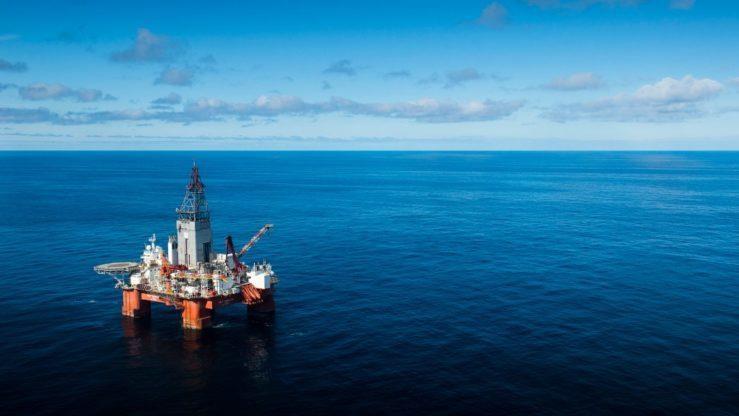
Global oil and gas discoveries are on track to hit their lowest full-year level in 75 years if the final weeks of 2021 fail to yield any significant finds, according to analysis from Rystad Energy.
As of the end of November, total global discovered volumes this year were estimated at 4.7 billion barrels of oil equivalent (boe), the Oslo-headquartered energy researcher said. With no major finds announced so far this month, the industry is on course for its worst discoveries total since 1946.
It would also represent a considerable drop from the 12.5 billion boe unearthed in 2020.
Liquids continue to dominate the hydrocarbon mix, making up 66% of total finds. Seven new discoveries were announced in November 2021, unearthing around 219 million boe of new volumes. The monthly average of discovered volumes this year now stands at 424 million boe.
A reduction in cumulative volume also highlights the absence of large individual finds, as has been the case in previous years.
“Although some of the highly ranked prospects are scheduled to be drilled before the end of the year, even a substantial discovery may not be able to contribute towards 2021 discovered volumes as these wells may not be completed in this calendar year. Therefore, the cumulative discovered volume for 2021 is on course to be its lowest in decades,” said Rystad’s VP of upstream research Palzor Shenga.
The largest discovery in November was Russian group Lukoil’s Yoti West off the coast of Mexico, which is estimated to hold around 75 million boe of recoverable resources. The discovery strengthens Lukoil’s cumulative discovered volumes in the North American nation.
However, these volumes are still insufficient for commercial development and would require further discoveries of a comparable scale before a development concept could be drawn up, the analysts added.
Looking ahead, several wells are scheduled to be drilled in blocks offered in various bid rounds, many by leading international oil companies on the coming years – which should help halt or slow down Mexico’s production decline.
Offshore Malaysia, Rystad also pointed to Nangka-1, the second successive exploration well drilled within Block SK 417, about 180km off the coast of the Malaysian state of Sarawak.
The wildcat was drilled by Thai state operator PTTEP to a depth of 3,758 metres and discovered sweet gas within the middle to late miocene cycle VI clastic reservoirs.
Meanwhile, Norway continues to unearth small-to-medium finds, providing an opportunity to materialize these discoveries with available infrastructure, Rystad said.
 © Supplied by Rystad Energy
© Supplied by Rystad Energy